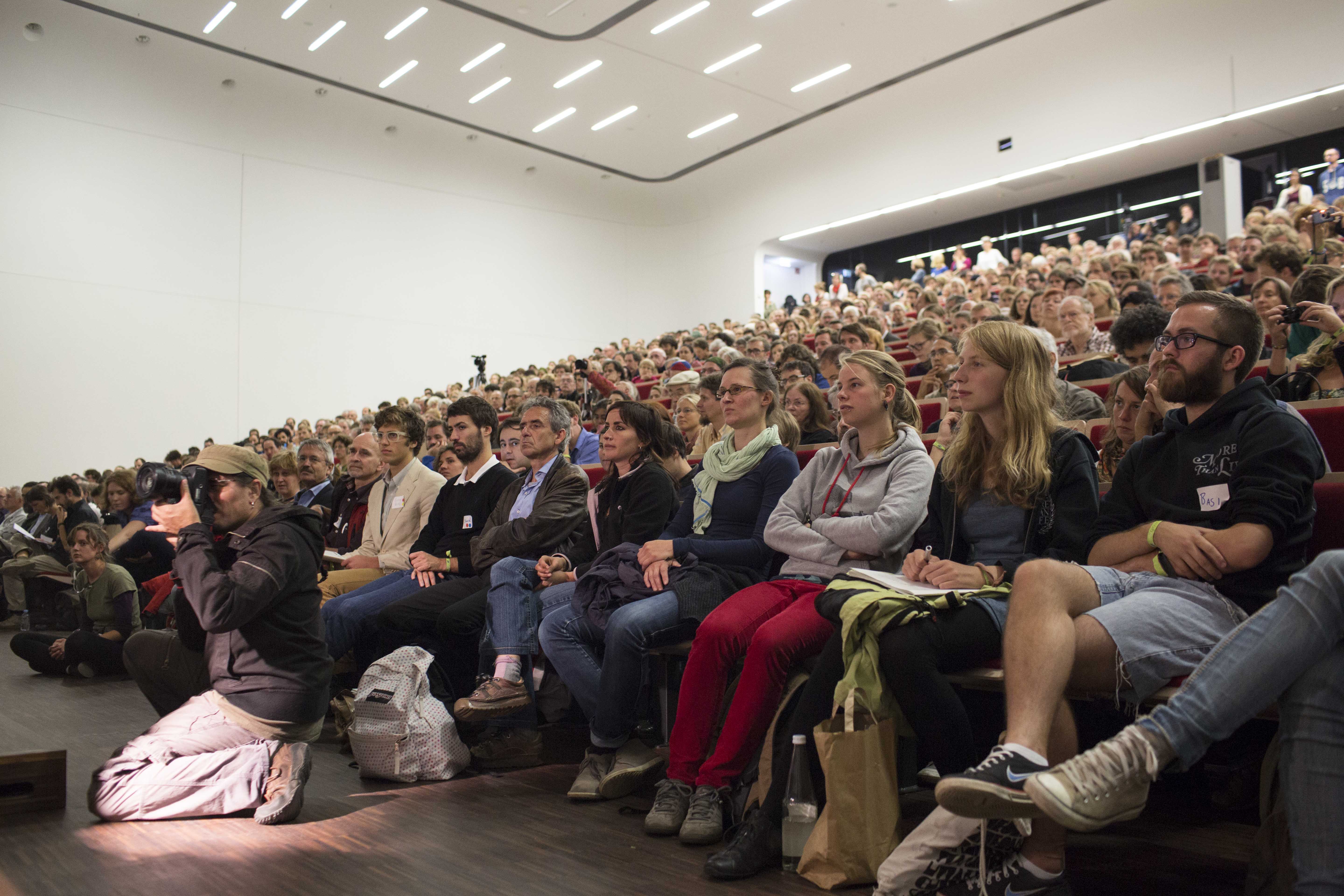The wider degrowth-community is asked to participate in a short survey on sustainable mobility which should not take more than 10-15 minutes: The results will be used as a part of Justin Hyatt´s academic work at the Institute for Housing and Urban Development Studies (IHS), Erasmus University, Rotterdam (Netherlands). It is also intended to publish and widely disseminate a separate report.
Please also help by forwarding this survey in your network! The more answers are received - also from different parts of the world - the stronger and more powerful the final results will be.

by Almuth Ernsting (Biofuelwatch) Living in Scotland, I should be proud of our government’s energy and climate change commitments. Not of those by the UK government, whose climate credentials consist mainly of slashing support for onshore wind and solar power, handing some €400 million in subsidies to energy companies for keeping old coal power stations open and riding roughshod over mass oppo...

By Christiane Kliemann "Facing the current crises: critique and resistance": The motto of the second day´s conference programme takes into account that degrowth is mainly a concept from the global North which naturally has a different perspective on the mulitfaceted global crisis than social or ecological movements from other parts of the World. While degrowth can be described as "a downscali...
Before an individual chooses to act, he or she requires a story or mindset to make sense of what the situation is about. Acting rationally in this sense means to act with reason, in congruence with one’s worldview and the individual interpretation of the “rules of the game.” Individual mindsets, however, are not fixed [...]